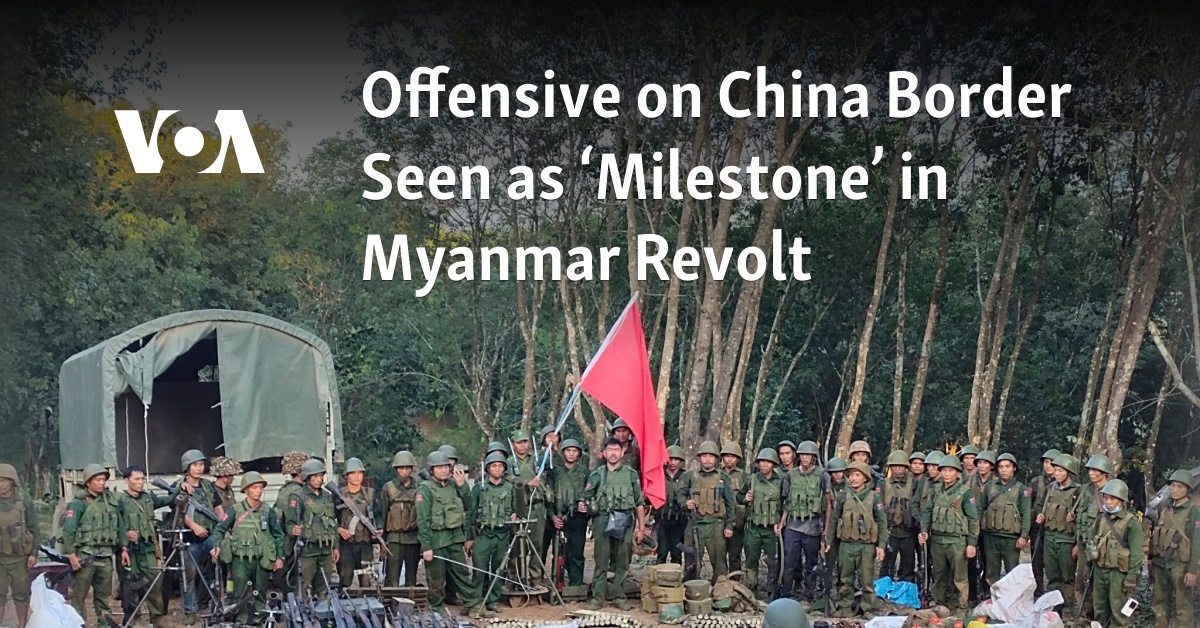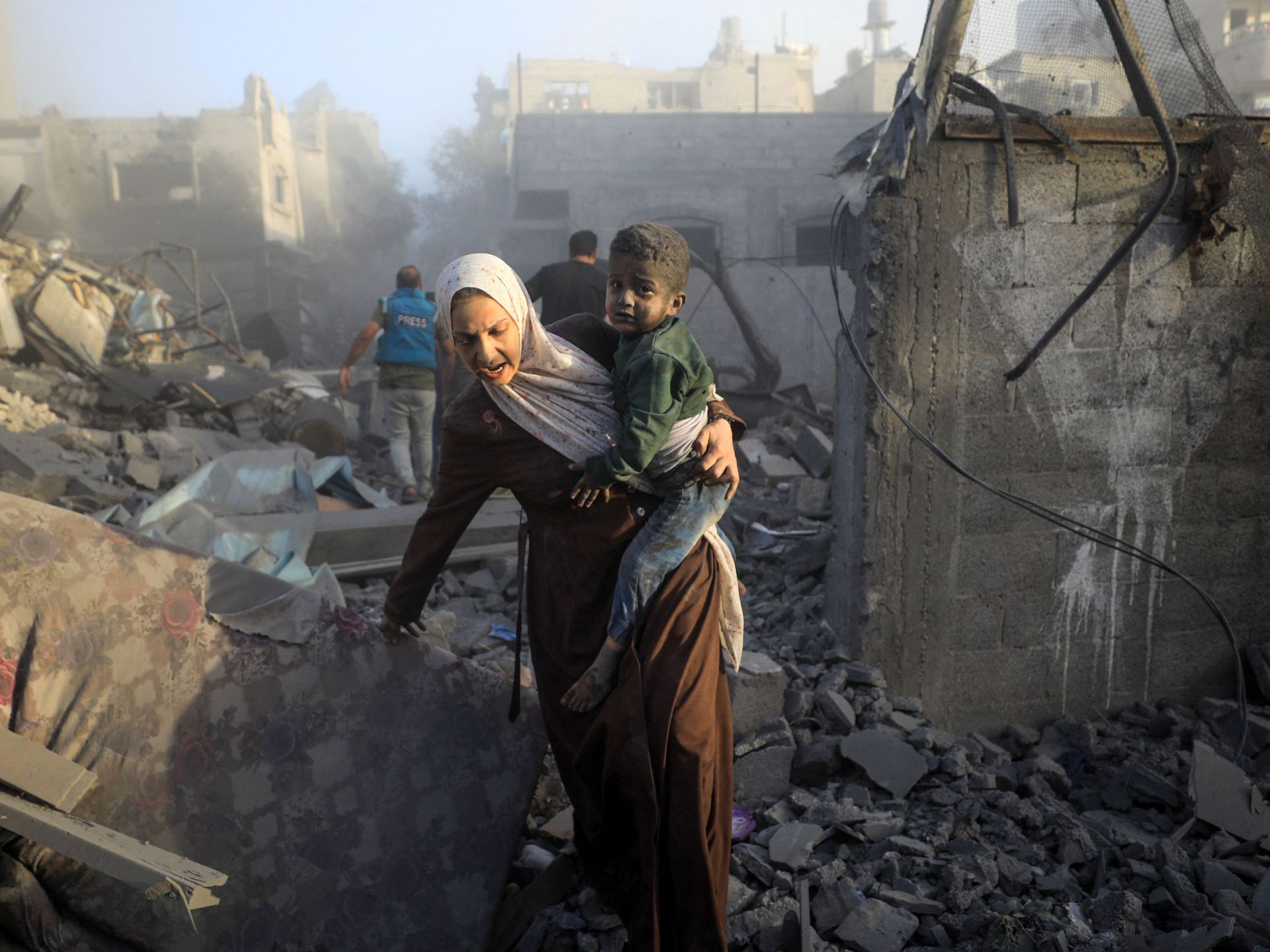
On April 15th we woke up to the news that war had broken out in Sudan. From our screens, my family, our Sudanese community and I followed the media and WhatsApp groups, hungry for information about what was happening abroad.
From a distance we watched as fighting between the Sudanese Armed Forces and the Rapid Support Forces spilled into Khartoum, causing chaos and turning the once vibrant and familiar capital into a trail of destruction. We saw videos on social media of terrified passengers cowering on the ground at Khartoum International Airport as it was heavily bombed. We saw doctors wheeling their patients out of Al Shaheeda Salma Hospital on stretchers and beds after the bombing. As we watched the resolution unfold on our screens, we ran to our phones to check on family and loved ones back home.
Eight months later, we are still glued to our phones as Khartoum and other parts of Sudan continue to suffer from the bombardment.
As of December, the fighting had killed more than 12,000 people and displaced 6.7 million, in what U.N. humanitarian chief Martin Griffiths called “one of the worst humanitarian nightmares in modern history.”
I watched in agony as cities turned into war zones and my mental image of “home” collapsed under the barrage of rockets, artillery and bombs. Like many other Sudanese families, we had to mourn the deaths of loved ones from a forced distance, most recently my grandfather, who no longer had access to health care due to the war.
Since the conflict began, explosive weapons have destroyed homes, including my own family home, entire neighborhoods, and infrastructure such as hospitals, schools, and water treatment plants. In early November, the monumental Shambat Bridge connecting Omdurman and Khartoum Bahri was bombed and destroyed. Ceasefires that should have allowed civilians to evacuate cities under bombardment have collapsed or ended too quickly, leaving civilians stranded in their homes in precarious situations due to the bombardment.
Explosive weapons include a range of ground and air-launched weapons and other munitions, including aerial bombs, artillery and mortar shells, and rockets and missiles. These weapons are often too inaccurate or their blast radius is too large to be used in populated areas without unlawfully causing indiscriminate damage.
The situation in Sudan is just one example of what happens when hostilities break out in cities. We also have Gaza, Syria and Ukraine, where we see the use of explosive weapons making cities uninhabitable.
There have been recent shellings and attacks in Syria Airstrikes More than 120,000 people have been displaced in Idlib and Aleppo, while in Ukraine airstrikes, rocket attacks and other munitions from Russian forces hit key ports and grain facilities and damaged schools and hospitals and other civilian infrastructure.
The Israeli army’s widespread use of explosive weapons has turned Gaza into, as UN Secretary-General Antonio Guterres put it, a “graveyard for children.” Large parts of once densely populated parts of the city were completely razed to the ground. Palestinian armed groups have also fired thousands of rockets at Israeli population centers.
Explosive weapons not only kill and injure civilians, but also cause massive damage to power lines, water supplies and other critical infrastructure. This damage can lead to what are known as aftereffects, or long-lasting effects, that can cause damage for decades. In addition, unexploded remnants of war pose a threat to civilians during and after hostilities and prevent the safe return of refugees and displaced persons.
While this landscape of despair and ruin seems inevitable and a product of 21st century warfare, there is potential for action on a global scale to reduce the use of explosive weapons.
Last year, 83 countries adopted the Political Declaration on the Use of Explosive Weapons in Populated Areas, officially recognizing for the first time the need to urgently and directly address this problem. The declaration commits governments and militaries to adopt policies and rules of engagement that better protect civilians in populated areas from the use of explosive weapons. It also obliges them to develop new norms and standards against bombing and shelling in populated areas.
Many countries whose civilians have suffered from explosive weapons in armed conflicts supported the declaration, including Cambodia, the Central African Republic and Palestine. It was also signed by manufacturers and exporters of explosive weapons, including France, South Korea, Turkey and the United States. Sudan has recognized and acknowledged the harm caused by explosive weapons in populated areas, but has yet to commit to taking action at the national level to implement the Declaration.
Although the declaration is not legally binding, it represents an important step in efforts to reduce human suffering in armed conflict. Effective implementation and a humanitarian interpretation of the Declaration are crucial and essential for the protection of civilians.
More countries must sign the declaration and show solidarity with families like mine, the Sudanese people and all who are reeling from the tide of war. We should seize this moment and work to uphold the principles of the Declaration to reduce the devastating toll on civilians caused by explosive weapons.
The views expressed in this article are the author’s own and do not necessarily reflect the editorial stance of Al Jazeera.






Recent Comments